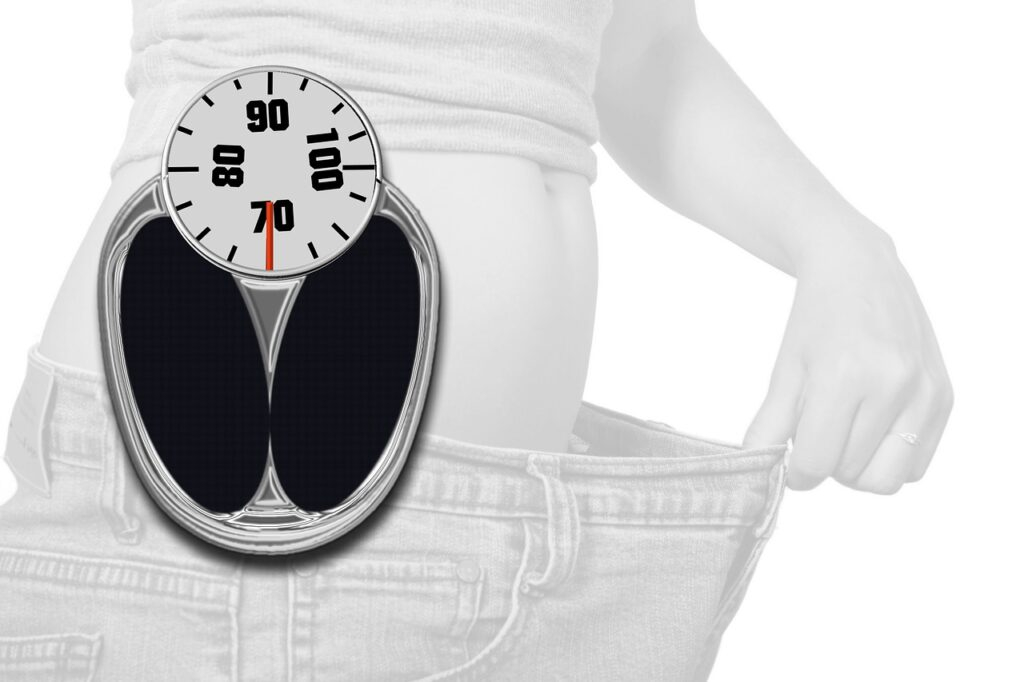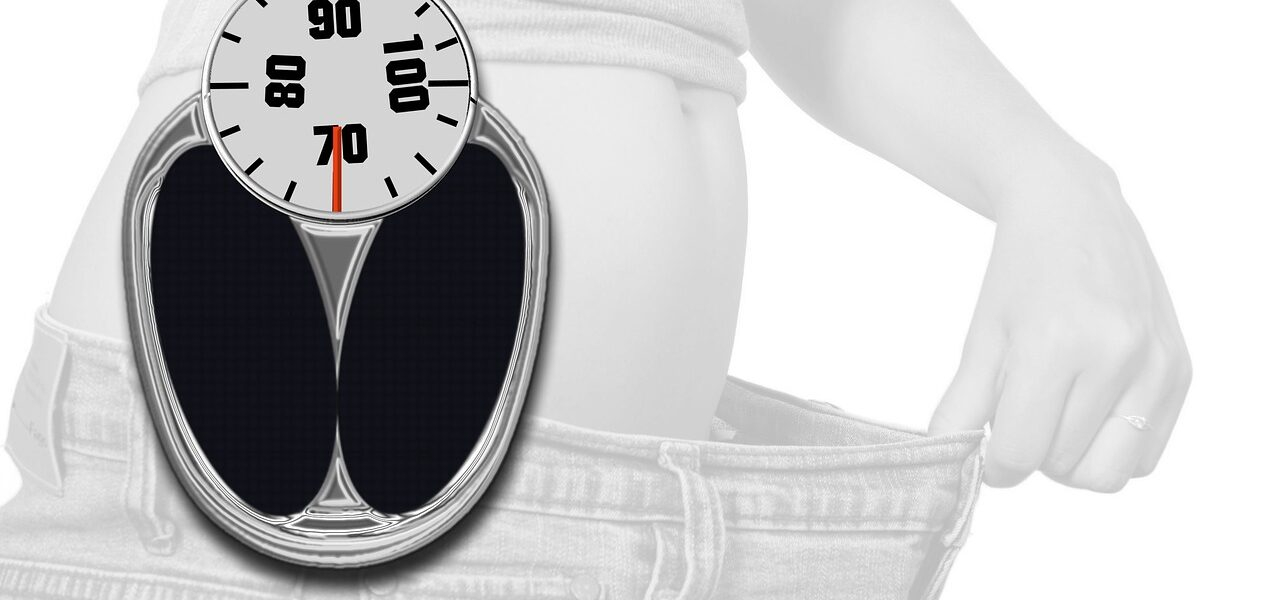Can I Lose Weight Without Exercising?
In today’s fast-paced society, the desire to shed unwanted pounds remains at the forefront of many people’s minds. However, amidst the hustle and bustle of life, finding the time and motivation to hit the gym may seem like an insurmountable challenge. The question echoes in your mind: can I lose weight without exercising? This article aims to explore the possibility of achieving weight loss goals through alternative methods, focusing on the impact of dietary choices, lifestyle changes, and the power of a well-balanced approach.
Can I Lose Weight Without Exercising?
Losing weight without exercising may seem like an attractive option for those who struggle to find the time or motivation to engage in physical activity. While exercise does play a significant role in weight loss, it is possible to achieve weight loss solely through dietary changes. Understanding the basics of weight loss, creating a calorie deficit, incorporating healthy lifestyle habits, seeking support and accountability, and monitoring progress are essential components for successfully losing weight without exercising.
1. Understanding Weight Loss Basics
Weight loss primarily comes down to one key factor: the balance between the number of calories consumed and the number of calories burned. To shed pounds, you need to create a calorie deficit by consuming fewer calories than your body needs. This deficit forces your body to rely on stored fat for energy, resulting in weight loss.
1.1 Calories Consumed vs. Calories Burned
Calories consumed refers to the number of calories you intake through food and beverages, while calories burned refers to the number of calories your body uses to carry out its daily functions and physical activities. By reducing your calorie intake and increasing the calories burned, you can create a deficit that leads to weight loss.
1.2 Role of Exercise in Weight Loss
Exercise plays a crucial role in weight loss as it increases the number of calories burned, making it easier to create a calorie deficit. Physical activity not only burns calories during the exercise session but also boosts metabolism, leading to higher calorie expenditure even at rest. Additionally, exercising helps build lean muscle mass, which contributes to a higher metabolic rate. While exercise is beneficial, it is not the only path to weight loss.
1.3 Importance of a Balanced Diet
In the absence of exercise, a balanced diet becomes even more crucial for successful weight loss. A balanced diet consists of nutrient-dense foods that provide all the necessary vitamins, minerals, and macronutrients (carbohydrates, proteins, and fats) in appropriate quantities. By focusing on nutrient-dense foods, you can nourish your body while still creating a calorie deficit.
2. Creating a Calorie Deficit
To lose weight without exercising, creating a calorie deficit is essential. This can be achieved through a combination of reducing calorie intake and boosting metabolism.
2.1 Reducing Calorie Intake
One of the most effective ways to reduce calorie intake is to choose nutrient-dense foods that are low in calories but high in essential nutrients. These include fruits, vegetables, whole grains, lean proteins, and healthy fats. By prioritizing these foods in your diet, you can feel satisfied and nourished while consuming fewer calories.

2.1.1 Choosing Nutrient-Dense Foods
When selecting foods, focus on those that provide ample nutrition for every calorie consumed. Opt for whole, unprocessed foods such as fruits, vegetables, lean meats, fish, legumes, whole grains, and low-fat dairy products. These foods are rich in vitamins, minerals, and fiber while being lower in calories than processed alternatives.
2.1.2 Portion Control and Mindful Eating
Practicing portion control and mindful eating can also help reduce calorie intake. Pay attention to your body’s hunger and fullness cues, and aim to eat smaller, balanced meals throughout the day rather than indulging in large portions. By slowing down, savoring each bite, and being mindful of portion sizes, you can prevent overeating and control calorie consumption.
2.2 Boosting Metabolism
In addition to reducing calorie intake, boosting your metabolism can aid in weight loss without exercise.
2.2.1 Consuming Protein-Rich Foods
Including adequate protein in your diet can help increase your metabolism. Protein requires more energy to digest and metabolize compared to carbohydrates and fats, which leads to a higher calorie burn. Incorporate protein-rich sources such as lean meats, poultry, fish, eggs, dairy products, legumes, and tofu into your meals and snacks for a metabolism-boosting effect.
2.2.2 Drinking Green Tea
Green tea has been shown to have thermogenic properties, meaning it can increase the body’s calorie expenditure. Consuming green tea regularly can potentially help boost metabolism and enhance weight loss efforts. Enjoying a cup or two of green tea daily can be a simple yet effective addition to your weight loss strategy.
3. Incorporating Healthy Lifestyle Habits
In addition to creating a calorie deficit through dietary changes, incorporating healthy lifestyle habits can further support weight loss.

3.1 Getting Sufficient Sleep
Adequate sleep is crucial for maintaining a healthy weight. Lack of sleep can disrupt hormone levels, leading to increased hunger and cravings, as well as decreased metabolism. Aim for seven to eight hours of quality sleep per night to support optimal weight loss efforts.
3.2 Managing Stress Levels
High stress levels can contribute to weight gain and hinder weight loss progress. Stress may lead to emotional eating or poor food choices, thereby increasing calorie intake. Implement stress management techniques such as regular exercise, meditation, deep breathing, or engaging in hobbies to effectively manage stress and support weight loss.
3.3 Staying Hydrated
Drinking enough water throughout the day is essential for overall health and weight loss. Water helps regulate metabolism, aids digestion, and can help reduce calorie intake by promoting a feeling of fullness. Aim to drink at least eight cups (64 ounces) of water per day to stay hydrated and support your weight loss goals.
4. Seeking Support and Accountability
While losing weight without exercising is possible, having support and accountability can greatly increase your chances of success.
4.1 Enlisting the Help of a Dietitian or Nutritionist
Consulting with a registered dietitian or nutritionist can provide personalized guidance and support throughout your weight loss journey. They can help create a customized meal plan, identify areas for improvement, offer strategies, and provide ongoing accountability to help you reach your goals.
4.2 Joining a Weight Loss Support Group
Joining a weight loss support group or program can also provide valuable support, motivation, and accountability. Connecting with others who have similar goals can create a sense of community and foster a supportive environment. These groups often provide education, resources, and encouragement to help individuals achieve successful weight loss.

5. Monitoring Progress and Adjusting Strategies
Regularly monitoring your progress and making necessary adjustments are vital for long-term weight loss success.
5.1 Tracking Food Intake and Physical Activity
Keeping a food diary or using a mobile app to track your daily food intake can help you stay mindful of your calorie consumption. Similarly, monitoring your physical activity, even without formal exercise, can help you understand the calories burned and assess your progress towards creating a calorie deficit.
5.2 Regularly Measuring and Recording Weight
Recording your weight regularly, such as once a week, can help you track your progress. While weight fluctuations are normal, consistently seeing a downward trend can serve as motivation to continue your weight loss journey.
5.3 Modifying Caloric Intake as Needed
As you progress on your weight loss journey, it’s essential to reassess your calorie intake periodically. As your weight decreases, your body’s caloric needs may also change. Adjusting your caloric intake accordingly ensures that you maintain a calorie deficit for consistent weight loss.
5.4 Considering Exercise as Optional
While exercise is not necessary for weight loss, incorporating physical activity can provide numerous health benefits and enhance your weight loss results. Consider introducing exercise into your routine once you have established healthy eating habits and feel ready to take on new challenges.
6. The Potential Benefits of Exercise
While weight loss without exercise is possible, it is important to recognize the potential benefits that exercise can offer.
6.1 Promoting Overall Health and Well-Being
Regular exercise has a profound impact on overall health and well-being. It helps reduce the risk of chronic diseases, improves cardiovascular health, boosts mood, enhances cognitive function, and increases energy levels.
6.2 Building Lean Muscle Mass
Engaging in resistance training exercises can help build lean muscle mass, which not only improves physical appearance but also increases metabolism. Muscle tissue burns more calories at rest than fat tissue, contributing to sustained weight loss.
6.3 Boosting Metabolism and Caloric Burn
Exercise increases metabolism, causing the body to burn calories at a higher rate even when not exercising. This elevated metabolic rate can support weight loss efforts and contribute to long-term weight maintenance.
6.4 Enhancing Weight Loss Results
Combining exercise with dietary changes can lead to enhanced weight loss results. Regular physical activity increases calorie expenditure and can help accelerate weight loss. Additionally, exercise can improve body composition, increase fitness levels, and provide additional health benefits beyond weight loss.
7. Conclusion
In conclusion, it is possible to lose weight without exercising by creating a calorie deficit through dietary changes. By reducing calorie intake, consuming nutrient-dense foods, boosting metabolism, incorporating healthy lifestyle habits, seeking support, and monitoring progress, you can achieve successful weight loss. While exercise is not required, recognizing the potential benefits it offers for overall health and enhancing weight loss results can encourage its inclusion in your weight loss journey. Remember, consult with a healthcare professional or registered dietitian before making significant changes to your diet or exercise routine.


Pingback: Zenith Weight Loss